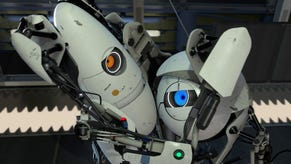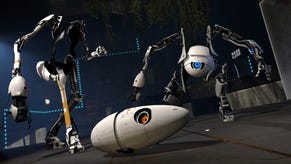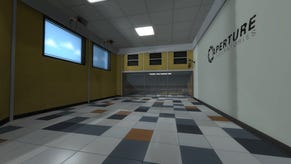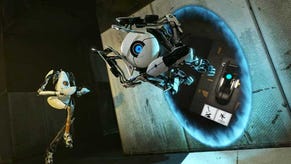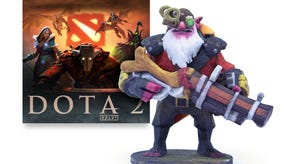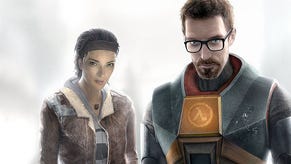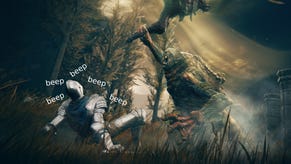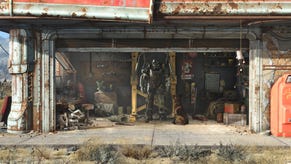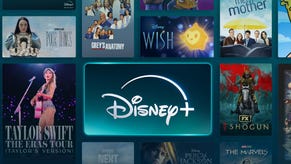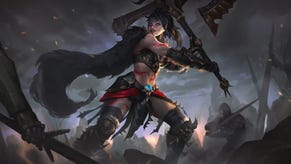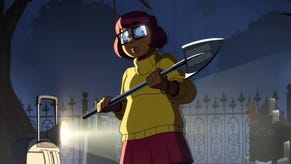Watch and learn: Portal 2 shows educational future
Valve is well know for doing clever things, but its latest project is a doozy: turning out educational tools based on Portal 2. And that's just the tip of a growing wave.
Portal 2 is a whole lot of fun, and making your own levels for it looks to be just as entertaining. While level creation is educational in and of itself, Valve is taking it one step further, with custom tools for specific learning programs.
"If you give us a lesson plan, we can give you a tool that allows kids to build content to lock down those lessons," CEO Gabe Newell told Joystiq.
Valve apparently envisions these tools, which will release at an unspecified future date, as a useful aid in the study of physics.
"The number of times I solved problems about how fast will this be going at this time - how about if it's on the moon?" Newell suggested.
"It's a lot easier to get people excited about it if they're on the moon and they get to throw the rock at the piece of glass that breaks the glass that lets all the robots fly out."
Because Portal 2 already contains the structure for this kind of "practical" experiment in its authoring tools, Valve just "layers" an assessment system on and bang - there's your interactive exam.
It sounds a whole lot better than sweating over a term paper. Why hasn't anybody thought of it before?
They have. The history of gaming in education is as long as that of personal computers. Educators have always sought out fun methods of delivering information - it's just that they haven't been very successful as far as games go.
For every Oregon Trail, you'll find hundreds - perhaps thousands - of edutainment titles, dull as ditchwater testing systems which communicate little, are barely gamified, and capitalise on parental and educator desperation to motivate kids.
Gamification is a hot topic, but the dire implementation of edutainment and the vast majority of shovelware social games isn't doing it any favours. Adding a reward system to mundane, unimaginative, repetitive actions isn't any more clever than building a gambling machine, and when the potential rewards are unsatisfying, kids don't want any more of it than gamers do. They're not stupid, they're just short.
This is starting to change now, at least a little. Earlier this year, a UK school used PSPs to build an AR game. In the US, Mario Kart Wii has helped demonstrate the dangers of distracted driving. Many school are now using games as incentives to help get kids physically active - or even as full training regimes.
Educators are getting increasingly clever about how to makes and use games - real, satisfying games - in ways that teach, because society's opinion of gaming itself is changing.
A power for good
This year's Games For Change keynote speaker was former US vice-president Al Gore, whose political career has almost been over-shadowed by his activism on the subject of climate change. He's a respected man whose opinions are frequently swallowed whole by the faithful of the left and the right.
In his speech at New York University on Monday, Gore didn't beat about the bush in declaring games a mainstream medium, and a power for good. Games For Change is the kind of event that draws believers in games as a form of entertainment as valid as film or TV, and as a potential art form. He is preaching to the converted.
His words probably didn't seem very weighty to many of us, because we're also the converted, but their significance shouldn't be overlooked. For those outside gaming culture, Gore was pointing out something very important - the fact that their numbers are dwindling.
Although "hardcore" gamers (who often like to define themselves by what they're not rather than the uncertainty of what they actually are) may sneer, the truth is that whether it's a dusty Wii under the TV, broken out for an occasional spate of bowling, or Angry Birds on the iPhone, or a few minutes with Farmville, most Westerners are gamers.
It's this saturation of our every day lives, of the information and entertainment we consume, that equips educationalists with the understanding they need to craft enjoyable interactive experiences in our schools.
If we believe, as every generation before us has, that educational standards are dropping, then maybe it's time to turn the pessimism off. Maybe the next generation, with their books that not only talk but show and tell and move and help create, will be the first to look back and pity those who came before, those that missed out on so many wonderful opportunities.



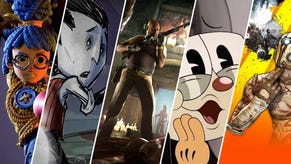
.jpg?width=291&height=164&fit=crop&quality=80&format=jpg&auto=webp)
